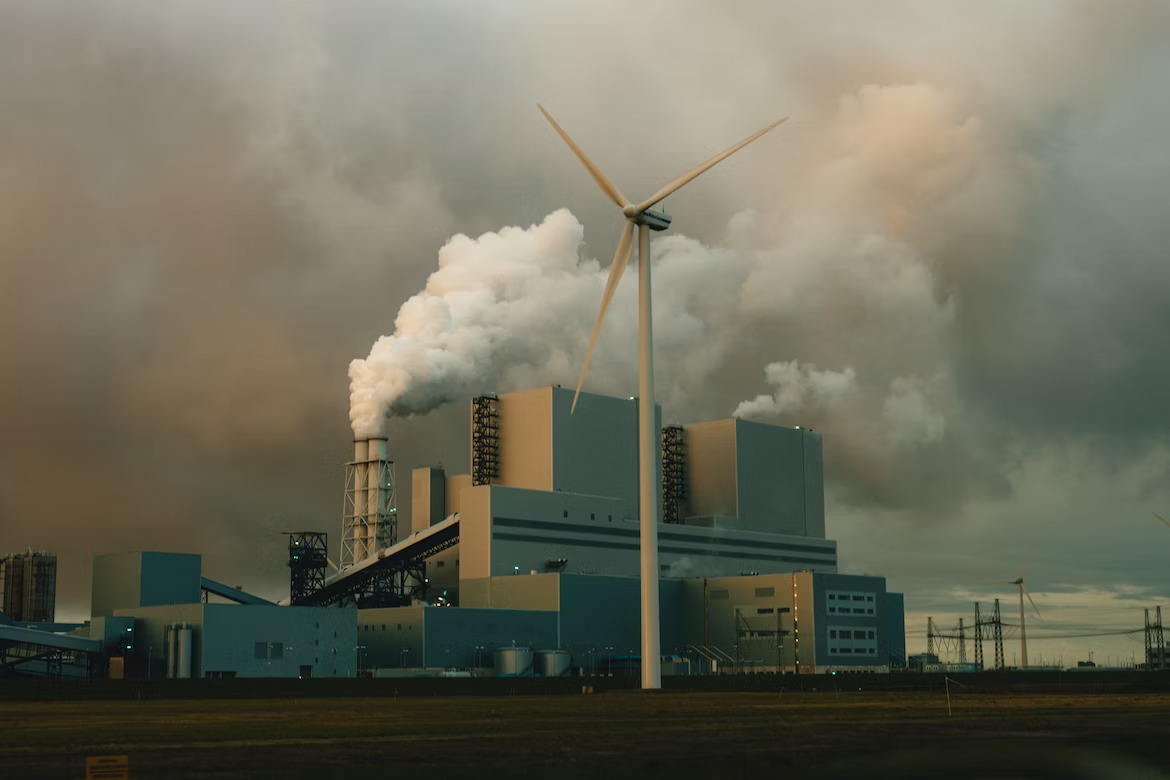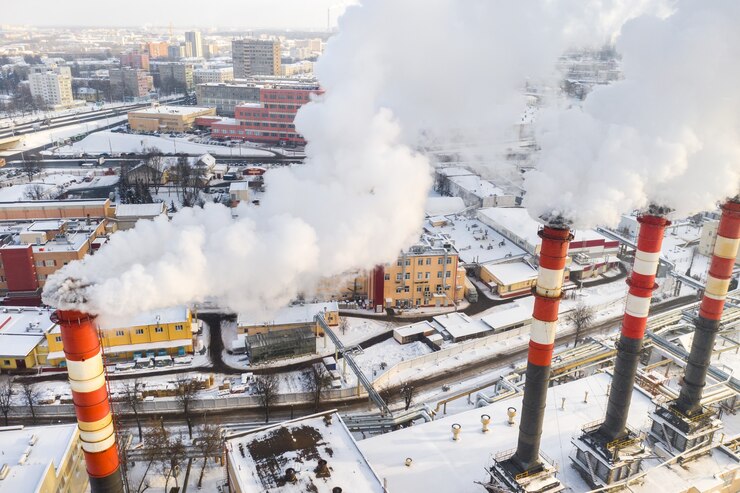Environmental Challenges And Strategies For Sustainable Coal Chemical Operations
by Arnab Dey How to Guides Published on: 12 June 2023 Last Updated on: 17 July 2023

As the world’s energy demand continues to rise, the coal chemical industry has emerged as a crucial player in the energy value chain, producing raw materials for various industrial processes.
However, the industry also has significant environmental impacts, particularly in terms of pollution and carbon emissions. As such, coal chemical operators are facing mounting pressure to adopt sustainable practices that mitigate their environmental impact.
Environmental Challenges in Coal Chemical Operations

1. Carbon Emissions
Coal-based chemical production is known for its high carbon emissions, contributing significantly to global warming. Carbon capture and storage (CCS) technologies can help mitigate these emissions by capturing and storing carbon dioxide underground. Ball valves with high pressure and temperature ratings are needed for CCS processes, providing opportunities for ball valve manufacturers.
2. Water Pollution
Coal chemical operations require significant amounts of water, which is often discharged into water bodies, causing pollution. Sustainable water management practices, such as water reuse and recycling, can help reduce water consumption and minimize the impact of polluted water. Ball valves with low leak rates and corrosion resistance are needed for water treatment processes, providing an opportunity for ball valve manufacturers.
3. Air Pollution
Coal-based chemical production also releases harmful pollutants such as sulfur dioxide, nitrogen oxide, and particulate matter, contributing to air pollution and respiratory diseases. Sustainable solutions such as the adoption of low-emission technologies and phasing out of highly polluting processes can help address this challenge.
Ball valves with low fugitive emissions and high emissions standards compliance are needed for air pollution control processes, providing opportunities for ball valve manufacturers.
Strategies for Sustainable Coal Chemical Operations
1. Resource Efficiency
Resource efficiency strategies, such as energy-efficient technologies, site-specific assessments, and process optimization, can significantly reduce the industry’s carbon and water footprint. For instance, improving the efficiency of coal gasification through the adoption of advanced control systems and high-efficiency ball valves can reduce the industry’s carbon footprint.
2. Circular Economy
Implementing circular economy principles, such as material reuse, can help reduce waste and minimize environmental impacts. For instance, reusing waste streams such as coal tar, sulfur, and carbonyl sulfide can help reduce dependence on virgin materials. Ball valves with high resistance to corrosion and abrasion are needed for handling these waste streams, providing an opportunity for ball valve manufacturers.
3. Eco-friendly Technologies
Emerging technologies such as biomass co-gasification and coal to chemicals with integrated CO2 capture and storage can help reduce the environmental impact of coal chemical operations. Ball valves manufacturers can contribute to these efforts by providing high-quality valves with certifications attesting to their green credentials.
4. Collaboration and Partnership
Collaboration among industry actors can facilitate the adoption of sustainable practices, through knowledge transfer and best practice sharing. For instance, coal chemical operators and ball valves manufacturers can work together to identify emissions reduction opportunities and assess the impacts of their operations. Through this collaboration, ball valves manufacturers can gain insights into the specific industry needs and provide solutions tailored to those needs.
5. Sustainable Supply Chain
Implementing sustainable supply chain practices can ensure that environmental implications in the production and transportation of raw materials and products are minimized. For instance, conducting environmental and social assessments of suppliers can help identify high-risk suppliers and support the adoption of sustainable practices.
Ball valves manufacturers can promote the adoption of sustainable practices in their supply chains by requiring certification from suppliers attesting to their sustainability credentials.
Conclusion
In conclusion, the coal chemical industry faces significant environmental challenges that require sustainable practices and solutions. By leveraging resource efficiency, adopting a circular economy and eco-friendly technologies, collaborating with industry actors, and promoting sustainable practices in their supply chains, coal chemical operators can reduce their environmental impact.
As a key element of coal chemical operations, ball valves manufacturers have an essential role to play in enabling sustainable practices. By providing high-quality valves tailored to industry-specific needs, these manufacturers can contribute to a sustainable future.
Read Also:







































































































